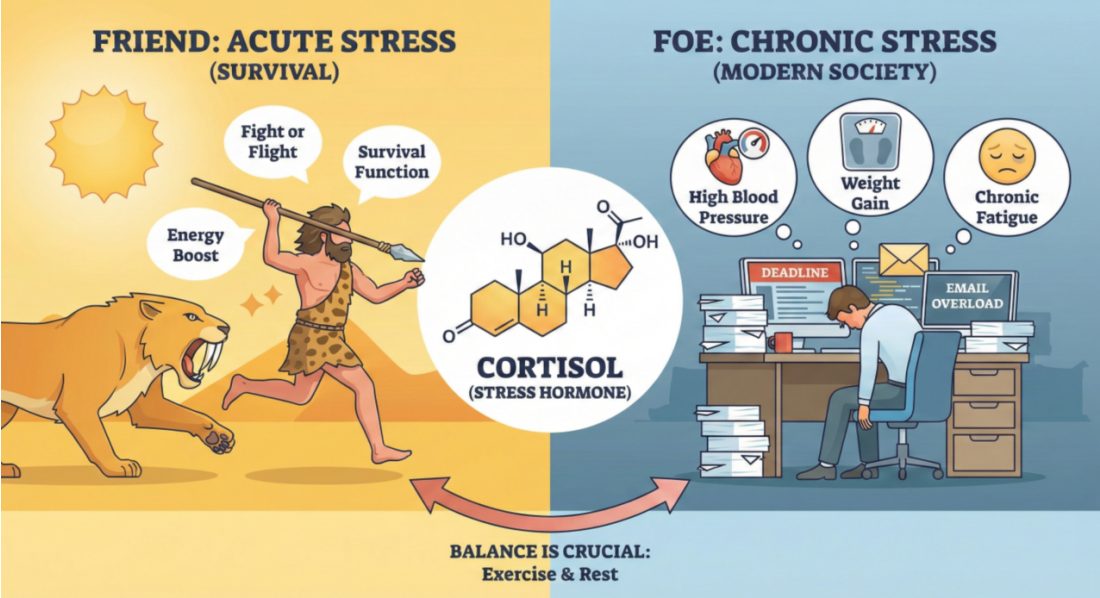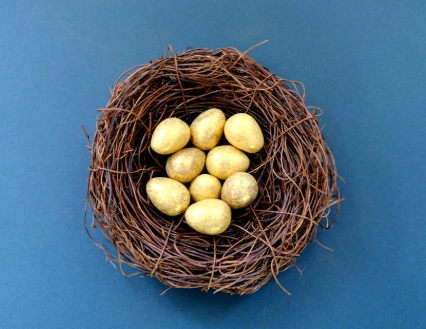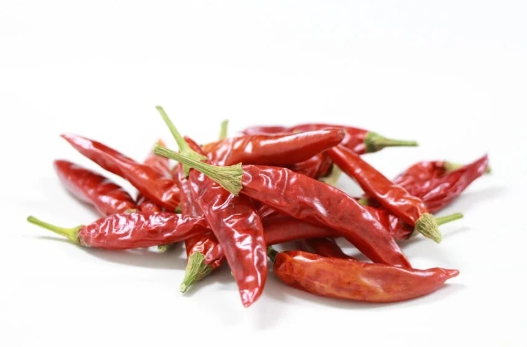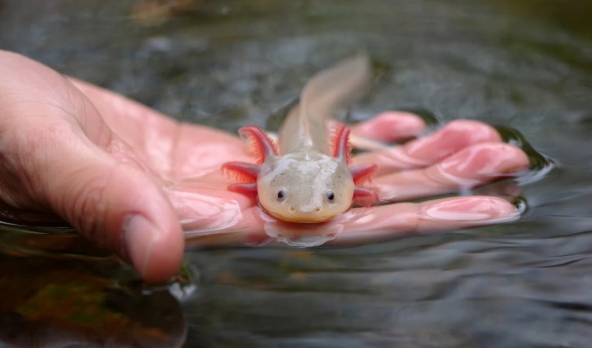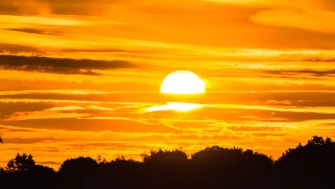The Ecological Power of Weeds: Nature’s Silent Restorers
잡초의 생태적 힘: 자연의 조용한 복원자들
[01] The Survival Strength of Weeds
Weeds possess an extraordinary ability to survive in nearly any environment, even under conditions where most cultivated crops cannot endure. Unlike domesticated plants that rely heavily on human care, weeds thrive independently by adapting to stress. Many species have evolved specialized biological functions that allow them to grow in polluted or damaged land, often acting as nature’s first responders.
잡초는 대부분의 작물이 견디지 못하는 환경에서도 살아남을 수 있는 뛰어난 생존 능력을 가지고 있다. 인간의 도움에 의존하는 재배 작물과 달리, 잡초는 스스로 환경에 적응하며 자라난다. 일부 잡초는 오염된 땅이나 파괴된 환경에서도 생존할 수 있도록 특수한 생물학적 기능을 발전시켜 왔으며, 자연의 ‘최초 복원자’ 역할을 하기도 한다.
extraordinary ability — 비범한 능력
cultivated crops — 재배 작물
adapt to stress — 스트레스 환경에 적응하다
polluted or damaged land — 오염되거나 파괴된 땅
first responders — 최초 대응자, 선행 복구자(비유적 표현)
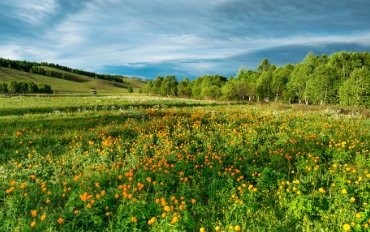
[02] Weeds as Part of Nature’s Restoration Plan
The emergence of weeds is not a random accident, but rather a natural response to environmental imbalance. When humans damage or exhaust the land, nature instinctively attempts to restore it — and weeds are often the first sign of that healing process. Their presence reflects the ecosystem’s resilience and its quiet attempt to return the land to its original state.
잡초의 등장은 우연이 아니라, 환경의 불균형에 대응하는 자연의 반응이다. 인간이 토양을 훼손하거나 지력을 고갈시키면, 자연은 본능적으로 이를 회복시키려 한다. 그 첫 단계로 잡초가 등장하며, 이는 생태계의 회복력과 원래 상태로 되돌리려는 자연의 의지를 보여준다.
environmental imbalance — 환경의 불균형
instinctively attempt — 본능적으로 시도하다
healing process — 치유 과정
ecosystem’s resilience — 생태계의 회복력
original state — 원래의 상태
[03] The Ecological Purpose of Weeds
In barren or abandoned land where few plants can survive, weeds are often the pioneers. They take root first, preparing the soil for future life. With deep roots that loosen compacted ground, they improve the circulation of air and water. As they absorb and break down pollutants from the soil, weeds contribute to natural purification and pave the way for healthier ecosystems to form.
거의 아무것도 자라날 수 없는 황폐한 땅이나 버려진 땅에서, 잡초는 가장 먼저 자리 잡는 개척자이다. 그들은 뿌리를 깊게 내려 단단한 땅을 부드럽게 만들고, 공기와 물의 흐름을 개선한다. 또한 오염 물질을 흡수하거나 분해하여 자연 정화 과정에 기여하며, 더 건강한 생태계가 형성될 수 있도록 기반을 마련한다.
barren / abandoned land — 황폐한 / 버려진 땅
pioneers — 선구자, 개척자
circulation of air and water — 공기와 물의 순환
natural purification — 자연 정화
pave the way for — ~의 길을 열다, 기반을 마련하다
[04] The Protective Role of Weeds
When properly managed, weeds serve as a natural shield for vulnerable soil. Their roots help retain moisture and regulate ground temperature, preventing the land from drying out or eroding. In some cases, weeds can even reduce pest damage by limiting the space available for harmful insects. Instead of being a threat, weeds can become guardians that protect the soil’s vitality when allowed to coexist with crops.
적절하게 관리된 잡초는 손상되기 쉬운 토양을 보호하는 천연 방패 역할을 한다. 잡초의 뿌리는 수분을 유지하고 지온을 조절하여 토양이 마르거나 침식되는 것을 막는다. 또한 일부 잡초는 해충의 서식 공간을 줄여 농작물의 피해를 감소시키기도 한다. 이처럼 잡초는 제거 대상이 아니라, 작물과 공존할 경우 토양의 생명력을 지키는 존재가 될 수 있다.
vulnerable soil — 손상되기 쉬운 토양
retain moisture — 수분을 유지하다
regulate ground temperature — 지온을 조절하다
pest damage — 해충 피해
coexist with crops — 작물과 공존하다
[05] The Natural Self-Sufficiency of Weeds
Weeds are highly self-sufficient plants that can grow without human intervention. They utilize nitrogen from the air, often transported through rainwater, acting as a natural fertilizer for nearby plants. When managed correctly, weeds help draw rainwater deep into the soil, preventing water loss and enriching the land. This interaction between weeds and rain reveals an eco-friendly cycle that benefits sustainable agriculture.
잡초는 인간의 도움이 없어도 스스로 자라나는 매우 자생적인 식물이다. 이들은 빗물을 통해 전달되는 공기 중의 질소를 활용하여 주변 식물의 성장에 천연 비료 역할을 한다. 또한 적절히 관리될 경우 빗물을 깊이 끌어들여 토양의 수분 손실을 막고 땅을 비옥하게 만든다. 잡초와 빗물의 이러한 상호작용은 지속 가능한 농업에 도움이 되는 친자연적 순환을 보여준다.
self-sufficient — 자급자족하는, 자생적인
natural fertilizer — 천연 비료
draw rainwater — 빗물을 끌어들이다
enrich the land — 땅을 비옥하게 하다
sustainable agriculture — 지속 가능한 농업
[06] Adaptability and Vitality of Weeds
Weeds exhibit remarkable adaptability, allowing them to thrive under changing environmental conditions. Even in extreme climates or in competition with other plants, they demonstrate resilience and persistent growth. Their ability to regenerate after being uprooted highlights a unique vitality, making them a symbol of life’s enduring power. This adaptability ensures that weeds occupy almost every conceivable habitat, contributing to ecological diversity.
잡초는 환경 변화에 뛰어나게 적응할 수 있어 다양한 조건에서도 살아남는다. 극한의 기후나 다른 식물과의 경쟁 속에서도 잡초는 회복력과 지속적인 성장을 보여준다. 뿌리를 뽑힌 후에도 재성장할 수 있는 능력은 잡초의 독특한 생명력을 나타내며, 생명의 지속성을 상징한다. 이러한 적응력 덕분에 잡초는 거의 모든 서식지에서 생존할 수 있으며, 생태계 다양성에 기여한다.
remarkable adaptability — 뛰어난 적응력
extreme climates — 극한의 기후
persistent growth — 지속적인 성장
regenerate — 재생하다, 재성장하다
ecological diversity — 생태계 다양성
[07] Weeds as Symbols of Life
Weeds are plants that grow spontaneously, without cultivation, yet they continuously offer life to their surroundings. Their persistent existence in harsh environments makes them a living symbol of vitality. Despite often being overlooked or removed by humans, weeds continue to support ecosystems, reminding us that life can thrive even under adversity. In this way, weeds reflect the resilience and continuity of nature itself.
잡초는 스스로 자라나는 식물이지만, 주변 생명에 끊임없이 기여한다. 혹독한 환경에서도 끈질기게 존재하는 잡초는 생명력의 살아있는 상징이다. 인간에게 종종 무시되거나 제거되더라도, 잡초는 생태계를 계속해서 지지하며, 역경 속에서도 생명이 번성할 수 있음을 보여준다. 이렇게 잡초는 자연의 회복력과 지속성을 반영한다.
spontaneously — 자발적으로, 스스로
vitality — 생명력
overlooked — 간과된
adversity — 역경, 어려움
continuity — 지속성
[08] Natural Cycles and Evolution
Nature is a dynamic system where all living organisms interact and coexist. Through cycles of growth, decay, and renewal, ecosystems evolve over time. Weeds, with their adaptability and regenerative capacity, often serve as early indicators of ecological recovery. By colonizing barren or damaged land, they enrich the soil, facilitate the return of other species, and exemplify how life persists through evolutionary processes. Ultimately, weeds are integral to the natural cycle, helping maintain biodiversity and ecosystem health.
자연은 모든 생명체가 상호작용하며 공존하는 역동적인 시스템이다. 성장, 소멸, 재생의 순환을 통해 생태계는 시간이 지남에 따라 진화한다. 잡초는 뛰어난 적응력과 재생 능력으로 종종 생태계 회복의 초기 지표 역할을 한다. 황폐하거나 손상된 땅에 먼저 자리 잡음으로써 토양을 풍요롭게 하고, 다른 종이 돌아오도록 도우며, 생명이 진화 과정을 통해 지속되는 방식을 보여준다. 결국 잡초는 자연 순환에 필수적인 존재로서, 생물 다양성과 생태계 건강을 유지하는 데 기여한다.
dynamic system — 역동적인 시스템
decay and renewal — 소멸과 재생
early indicators — 초기 지표
colonizing barren land — 황폐한 땅에 자리 잡다
biodiversity — 생물 다양성
ecosystem health — 생태계 건강
